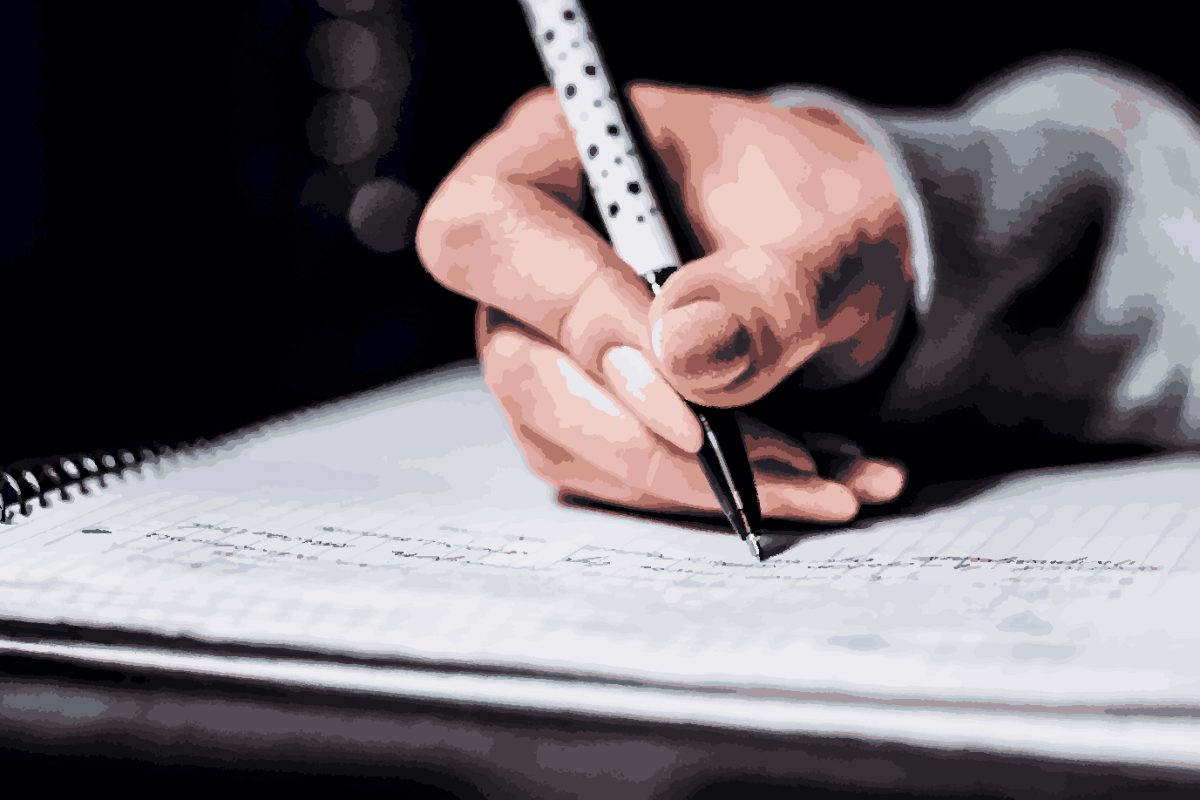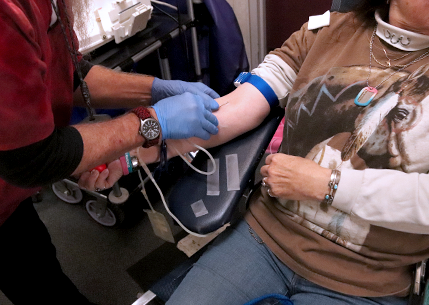Take care of to-dos ahead of time for planned free time later
The bell rings promptly at 3:02, and I’m more than eager to get home. The walk back from school can be relaxing, with hopes of a snack and possibly a nap getting closer with every step towards home. Reaching my doorstep, I take my backpack and reach for my key, where those early wishes of relaxation are shattered instantly against a harsh reality: homework.
I let my work pile up over the past couple days and now have two math assignments, an essay and a multi-paged biology lab ready to take up my afternoon and possibly my evening.
I’m at a crossroads, and I see two ways to deal with my mountain of homework. Option one: forget about it and enjoy my day like nothing happened. The only thing stopping me from doing that is that I don’t want to wreck my grades. Option two: I do my work and free myself up for whatever comes my way tomorrow. It’ll be a drag, but there will be less on my plate in the future. Sadly, I have to wave that afternoon nap goodbye and catch up on what I didn’t plan for.
While I could blame homework for being the root of all my troubles, it was my lack of planning which led to extra stress down the road, and found later that budgeting time to work on small chunks of my homework could lead to great chunks of free time and relaxation later.

Laura Vanderkam, novelist and 2001 Princeton graduate, found through her studies of high succeeding individuals that they follow a morning routine, according to The Week. These people who go through the morning meeting their basic necessities and preparing for the day are ready to charge into their jobs or classes. Something like a morning walk anywhere between 9 and 10 that morning could be enough to get you pumped up for the day.
“The best morning rituals are activities that don’t have to happen and certainly don’t have to happen at a specific hour. These are activities that require internal motivation,” said Vanderkam.
Scott Adams, creator of the comic “Dilbert”, tackles new ideas early in the day. By the mornings he has written some new comic strips and moved to different things in his day.
“One of the most important tricks for maximizing your productivity involves matching your mental state to the task… At 6:00 a.m. I’m a creator, and by 2:00 p.m I’m a copier… It’s the perfect match of my energy level with a mindless task,” said Scott Adams in the book “How to Fail at Almost Everything and Still Win Big.”
After the day goes on, more homework is given and your afternoon workload can change from light to weighty in a few hours. Roy F. Baumeister, Professor of Psychology at Florida State University in Tallahassee, states that most people lose focus as they add more to their plate, so it’s important to finish earlier goals first without new ones distracting you.
“For most of us, though, the problem is not a lack of goals but rather too many of them. ” Baumeister said.
After my work was completed, I came to terms with the fact that I’d need to plan further ahead in the future if I wanted to relax and have more fun. Even though it can be hard to persist in working and very easy to lag behind and rest, making efforts in the present will reap more rewards in the future.







